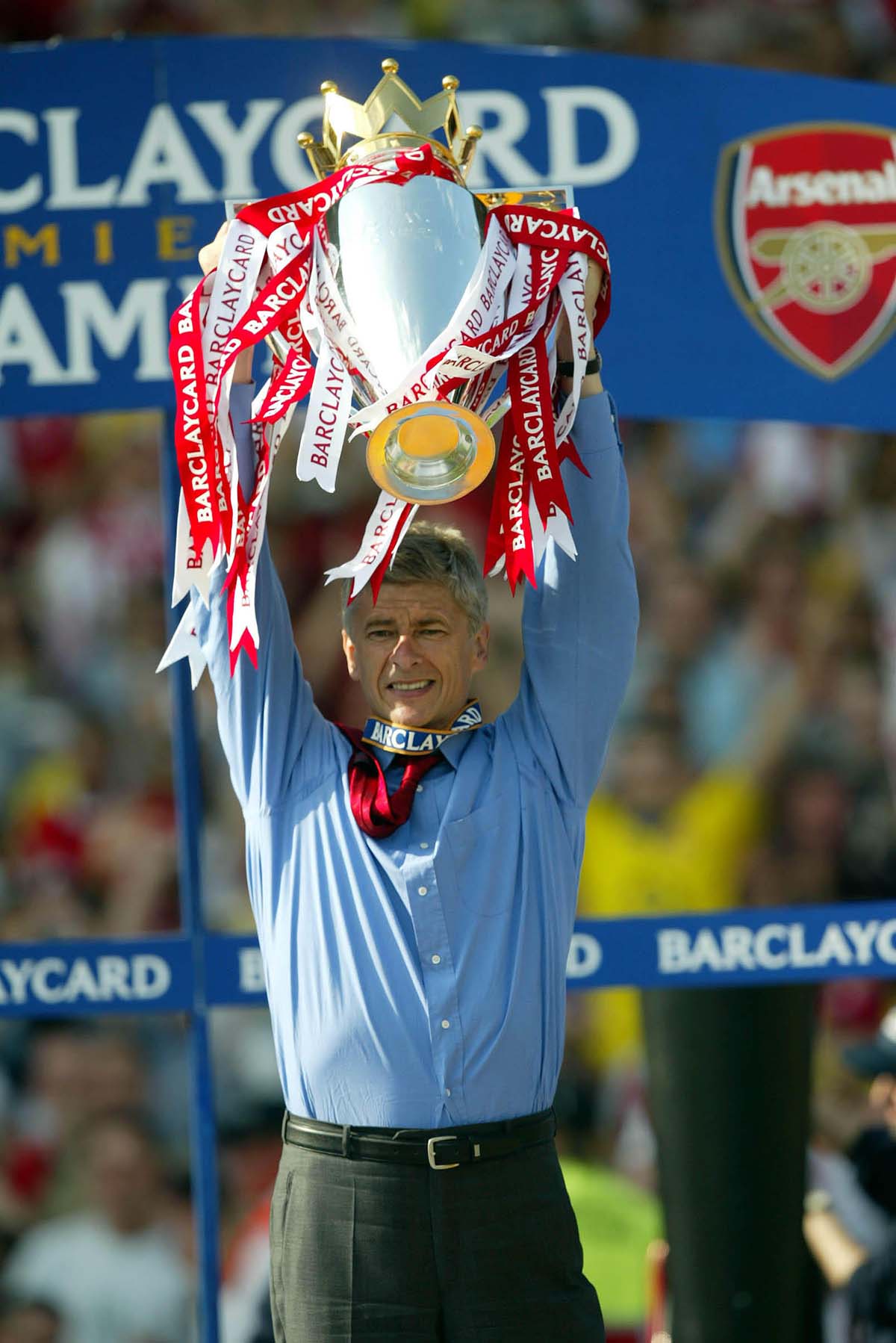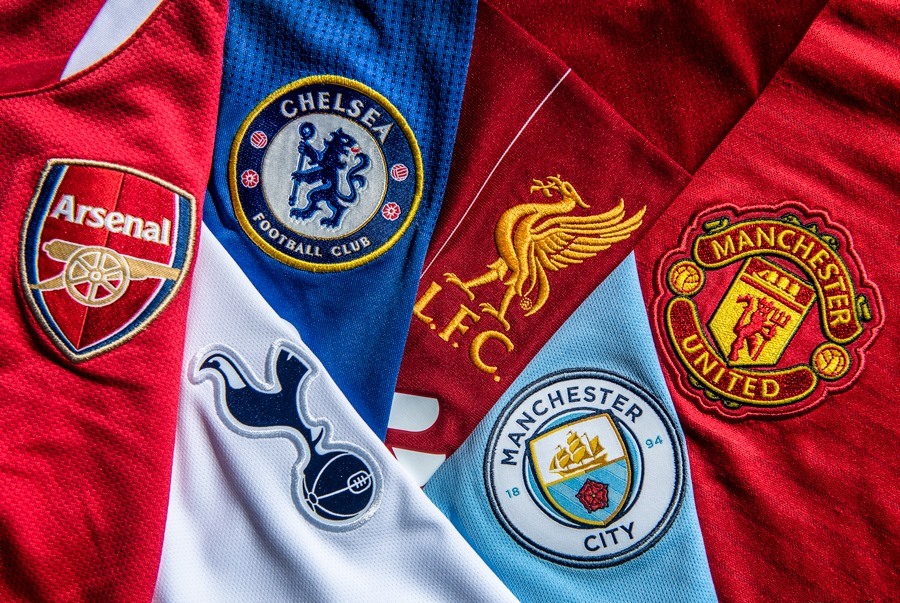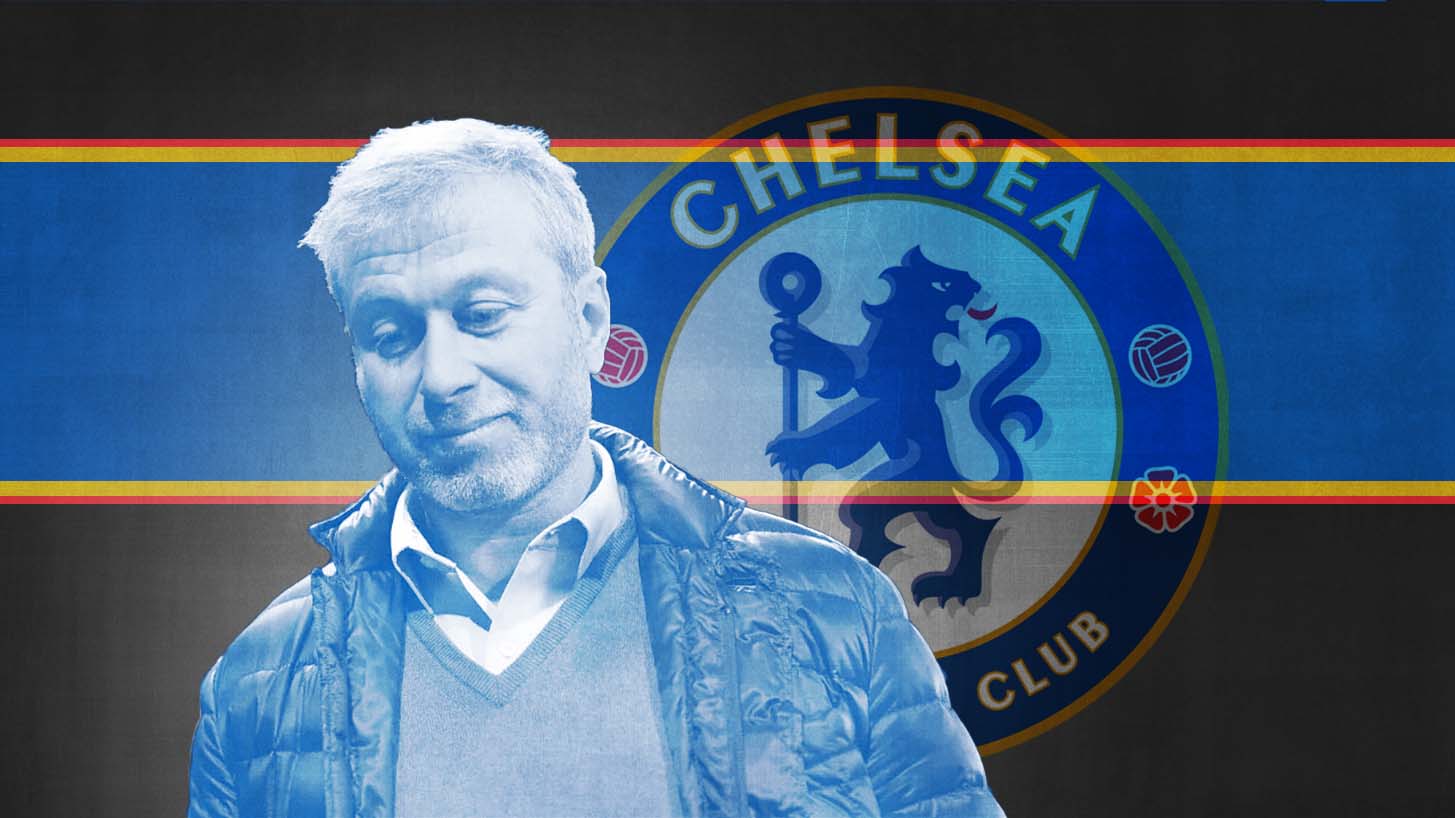Just over a week removed from the exact 30-year anniversary of the English Premier League, we take a look at some of the moments and people that had the greatest impact on what’s arguably the world’s top domestic league.
The 30th anniversary of the first English Premier League season has given cause for reflection. As you’d expect, it’s been a great piece of marketing for the broadcasters and TV networks, who have frequently looked back on some of the most iconic moments.
But the Premier League of today is other-worldly compared to that which kicked off in 1992. How did we get here? Looking back, many of the Premier League’s evolutionary steps have either gone unnoticed, or morphed into watershed moments — points of no return. Here are a handful of those dialectical moments that changed the landscape of the Premier League forever.
Arsene Wenger Arrives in 1996

There is the Premier League before Arsene Wenger, and after Arsene Wenger.
His appointment was a perplexing one. He arrived as a relatively unknown figure from J-League team Nagoya Grampus, with a mixed-bag resume and the demeanor of a geography professor. But he completely altered the course of English football.
Not only did his Arsenal team become the most viable opposition to a frighteningly dominant Manchester United, but Wenger’s legacy lies mostly in his ability to change the culture of English football.
With a hands-on managerial style, Wenger spent painstakingly-long hours at the training ground, working intimately with his players to improve them physically and mentally. He was meticulous in overseeing the players’ nutrition, recovery process, and, most notably, stamped out a heavy drinking culture among players. He introduced professionalism, and developed the idea that you could coach flair — that it didn’t have to be reliant on the whims of a particularly talented individual.
His battles with Sir Alex Ferguson are looked back on by many as the peak of the Premier League’s competitiveness and skill.
Many innovators would come after Wenger. You could fill a university library with documentation outlining the impacts of Jurgen Klopp and Pep Guardiola on the modern game. But Wenger did it first, on a scalable level, with success. The league owes a lot to Le Professeur.
David Beckham Scores From the Halfway Line
You know the goal. Everybody does. It is, despite my efforts to avoid such moments in this list, about as iconic as you can get.
David Beckham’s effort against Wimbledon in 1996 was the goal that launched a thousand headlines. The sheer geometry, the paradigm-bending arc of the ball as it flew past Neil Sullivan, was entirely reflective of the shift it would make to Beckham’s career.
The goal itself was symbolic for a number of reasons. A little like the arrival of Wenger, it was a big middle finger to the old way of doing things. It forced people to sit up and take note, especially of the young crop of talent that was beginning to form the basis of the next Manchester United dynasty.
Perhaps more significantly, it began the elevation of Beckham to a level of superstardom that will likely never be seen again. Granted, the whims of the English press are experts in this particular field, and have been for decades. But Beckham’s career quickly became the “rise and fall” archetype for the editorial desks of tabloid newspapers up and down the country on a whole new scale. Everything was considered fair game.
Wayne Rooney was another that fell victim to the blueprint, and countless other English players have been built up by the media, only to fall when the opportunity arose.
The Emergence of the Top Four, and Later Top Six

Around the turn of the century, the title race between Man United and Arsenal had become a regular thing. At the same time, an uptick in form for both Liverpool and Chelsea (followed by the lucrative takeover of the latter), meant that for the first time in a while, there was a mini-group of teams that pulled away from the rest of the league.
During the first decade of the 2000s, only four other teams broke into what had now been established as the Top Four: Leeds, Newcastle, Tottenham, and Everton.
As Champions League appearances provided greater streams of revenue, and qualifying for it attracted the cream of Europe’s talent, a vicious cycle ensued, turning the “Top Four” from a quirk of fate into a statistical reality. To finish in the top four became an achievement equivalent to that of silverware, because it consolidated your position as an elite team even further, and maintained the status quo. With the growth of Spurs and the takeover of Manchester City, it developed into the current scenario we have today: the Top Six.
Without realizing it, the obsession with the race between these giants introduced a shift in the way of evaluating success in the Premier League. Ultimately, it cultivated an elitism that continues to threaten the foundation on which the Premier League was built.
Roman Abramovich Buys Chelsea

Jesper Grønkjær’s winner on the final day of the 2002-03 season against Liverpool at Anfield turned out to be one of the biggest goals in the history of Chelsea Football Club. It delivered qualification for the Champions League, a big prerequisite for the incoming Roman Abramovich takeover.
Over the course of the next two decades, Abramovich would go on to spend an estimated £2 billion on transfers, managers, and training ground redevelopment — taking a team in the ascendency to stratospheric levels of success. Numerous Premier League titles followed, in addition to two Champions Leagues and countless domestic cups. Chelsea leapfrogged Arsenal to become the principal challengers to Manchester United. Throughout his 20-year reign, Chelsea were — on and off — the most successful team in England.
While a shake-up of the old status quo was significant, Abramovich’s ownership model completely reoriented football’s financial landscape. While the tenure of Jack Walker at title-winning Blackburn Rovers in the mid-’90s was something of a precursor, the shift in momentum was not as seismic. It ripped up the rulebook on transfer fees, wages, and star power. It meant that, regardless of long-term trajectory, you could still compete on a regular basis with the right spending. It introduced money from sources where looking the other way was a commonality. It opened the door to the idea that, if you’re big and powerful, with a shed load of cash sitting around, then it might be fun to buy a football club and see what happens. Looking around the league today, many walk the path laid by a 30-something Russian billionaire.
The Manchester Power Shift
The 2011-12 season, coincidentally the 20th anniversary of the Premier League, remains perhaps the best in the league’s history. There are a number of things to point to in Manchester City’s run to the title: Vincent Kompany’s header to win the all-important derby, and of course Sergio Aguero’s title-winning goal stand out. But the power shift, one that shows no signs of abating, happened much earlier in the season.
A brace for Aguero; Silva’s assist for Dzeko’s second; Balotelli’s ‘Why Always Me?’ celebration: Manchester City’s 6-1 embarrassment of the Premier League’s most successful ever team, in their own stadium — all of this cannot be understated.
It’ll be looked back on in the record books like an old battle. Historians will point to it as the moment that one empire made way for another. The significance lies in what it took from United, as well as what it delivered for City. This season represented the first and last genuine title race between the two Manchester clubs. Ceding power to their noisy neighbors must have contributed to Manchester United’s decade-long inertia.







